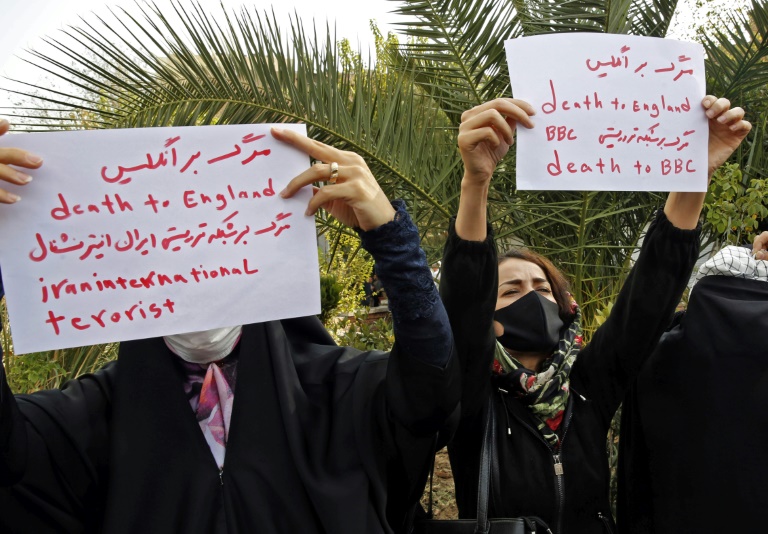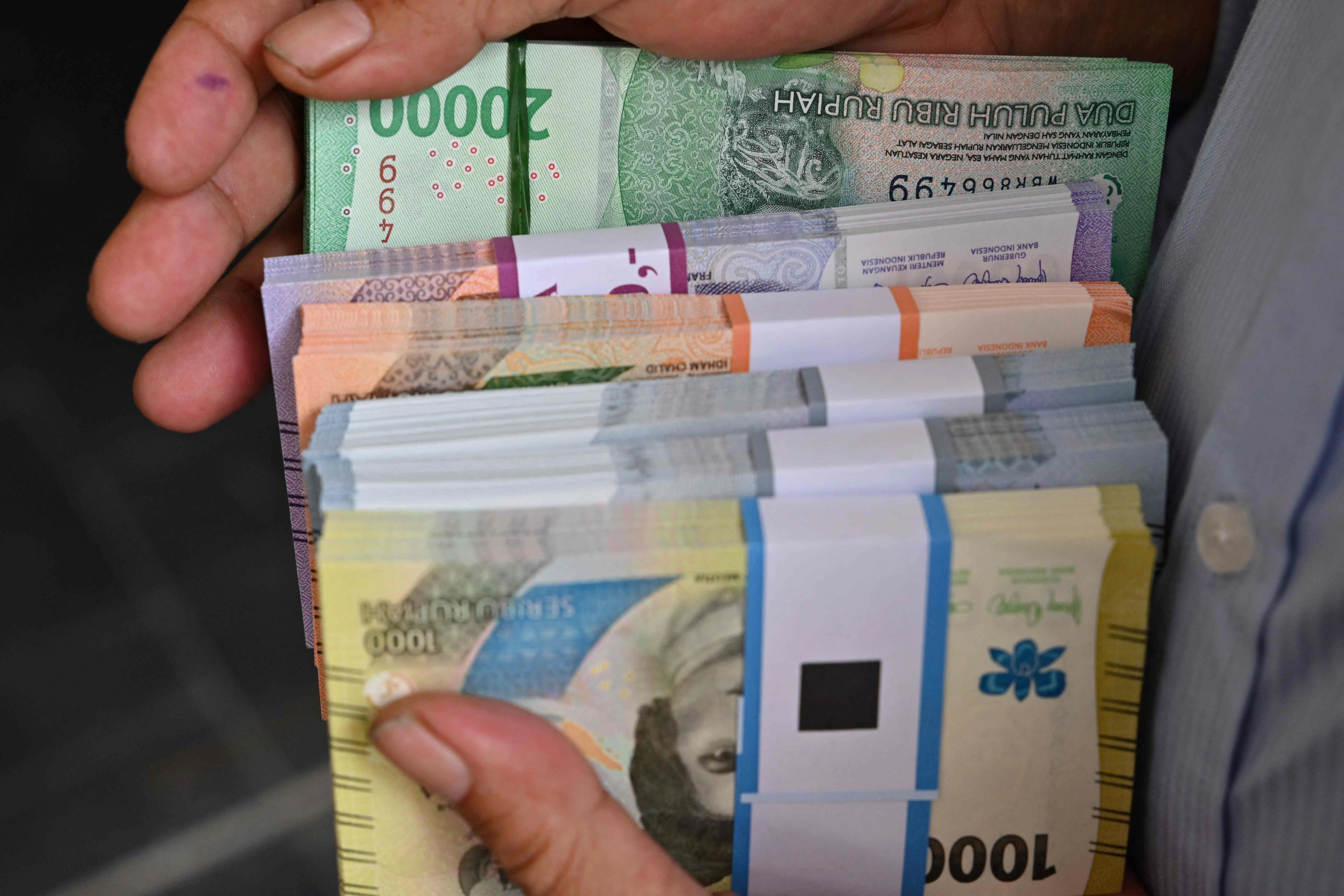For a brief time in 1979, a sense of optimism pervaded Iranian society.
The Shah’s corrupt dictatorship was officially deposed on Feb. 11 and many of those who had contributed to the revolution believed that the end of his tyranny would lead inexorably to a democratic system and self-governance for the Iranian people.
But instead, Ruhollah Khomeini promptly took advantage of decades of repression against democratic opposition to establish himself as Supreme Leader within a system that guaranteed absolute power to the clerics.
In that brief period before it became clear that Iranians had traded one form of dictatorship for another, I clung tightly to my own personal optimism and used it to fuel some of my greatest creative output.
In the wake of the revolution, it felt like an honor to serve as conductor of the orchestra for state television and radio, and for months afterward I made a number of my own compositions and songs, some of which are still well-remembered in my homeland as well as in the diaspora.
When I play those songs today or hear recordings of them, the experience is bittersweet. On one hand, I still associate them with the sense of triumph, hope, and patriotism that accompanied the Shah’s ouster. But on the other hand, I have come to regard those songs as the musical expression of a broken promise, a dream deferred, and a better life snatched away from tens of millions of my countrymen by savage theocracy.
My position as conductor for state media did not last for long, and neither did my life in Iran. The ayatollahs’ theocracy was the nemesis of Iran’s deep-rooted culture, most notably music. It was not long after Khomeini’s power grab before I fled the country and settled in France, where I have now been living in continuous exile for more than four decades, helping the pro-democracy coalition: the National Council of Resistance of Iran, with the leading pro-democracy opposition group, the People’s Mojahedin Organization of Iran (PMOI/MEK) at its core. The coalition gathered many organizations and parties, excluding those in line with the former monarchy.
As I was not willing to give in to the official censor, I thought my position as conductor of the orchestra should be used to promote the values of which my people in Iran were deprived.
During that time, I have watched from afar as the mullahs have systematically destroyed the culture of my homeland, including its rich musical legacy. Non-religious musical performances are effectively banned throughout the country, and women are positively prohibited from singing in public. Concerts and private performances are routinely shut down by authorities, including the very “morality police” that sparked Iran’s current, nationwide protests in September when they killed 22-year-old Mahsa Amini.
Over the years, countless musicians and other artists have been killed in a similar fashion, via public beatings, or have been driven to utmost poverty and sidelined by regime authorities, suppressed and defamed by state media, and either driven underground or robbed of their livelihoods altogether.
To their great credit, many of the working artists and musicians in Iran today are still using their creativity as a tool of defiance, despite the ever-increasing hardships that come with it. I and many of my fellow artists in the expatriate community are doing our part as well, helping to keep alive the Iranian culture that the mullahs have sought to destroy. Many have had the honor of mutually sharing songs and other creative works that convey the hope felt by Iranian activists and the solidarity offered by the world at large.
That solidarity is more important today than it has ever been. Iran is undergoing what many observers have described as the greatest challenge to the ruling theocracy since the time of the revolution. There is a growing sense that Iran is on the verge of truly transformative change. And with the MEK wielding strong influence over this uprising via its network of “Resistance Units”, there is also a sense that the outcome of this new revolution will be exactly that which so many freedom-loving Iranians expected in 1979.
For more than four months now, Iranians from all walks of life have been chanting slogans such as “down with oppression, be it Shah’s or the mullahs.” This messaging leaves no doubt that the people are committed to rejecting dictatorship in all its forms and establishing a democratic system.
Optimism that Khomeini once snatched away from all Iranians is coming back to them both at home and abroad. That optimism is growing even stronger than it did in 1979. I feel it myself, and it has inspired me to work on my newest creative endeavors with all the passion and vigor of my youth.
On Sunday, I joined thousands of Iranians in a protest expressing solidarity with the new revolution on the anniversary of the 1979 anti-monarchy revolution, and paid tribute to the memory of all the artists who have perished over the past four decades will be with me.
I have always dreamt of composing a symphony for the victory of the Iranian people over their clerical rulers. The events of the past four months have made me more confident than ever that the time is coming when the mullahs follow the Shah into the dustbin of history. And because I have no doubt that that day is near at hand, I must rush to finish my symphony.
is a renowned Iranian composer and conductor. He was the conductor of Tehran’s national television orchestra before the fall of the Shah and immediately after the anti-monarchic revolution 1979. He has composed more than 650 pieces of traditional, classical and modern music. He is now a member of the Paris-based National Council of Resistance of Iran (NCRI)







